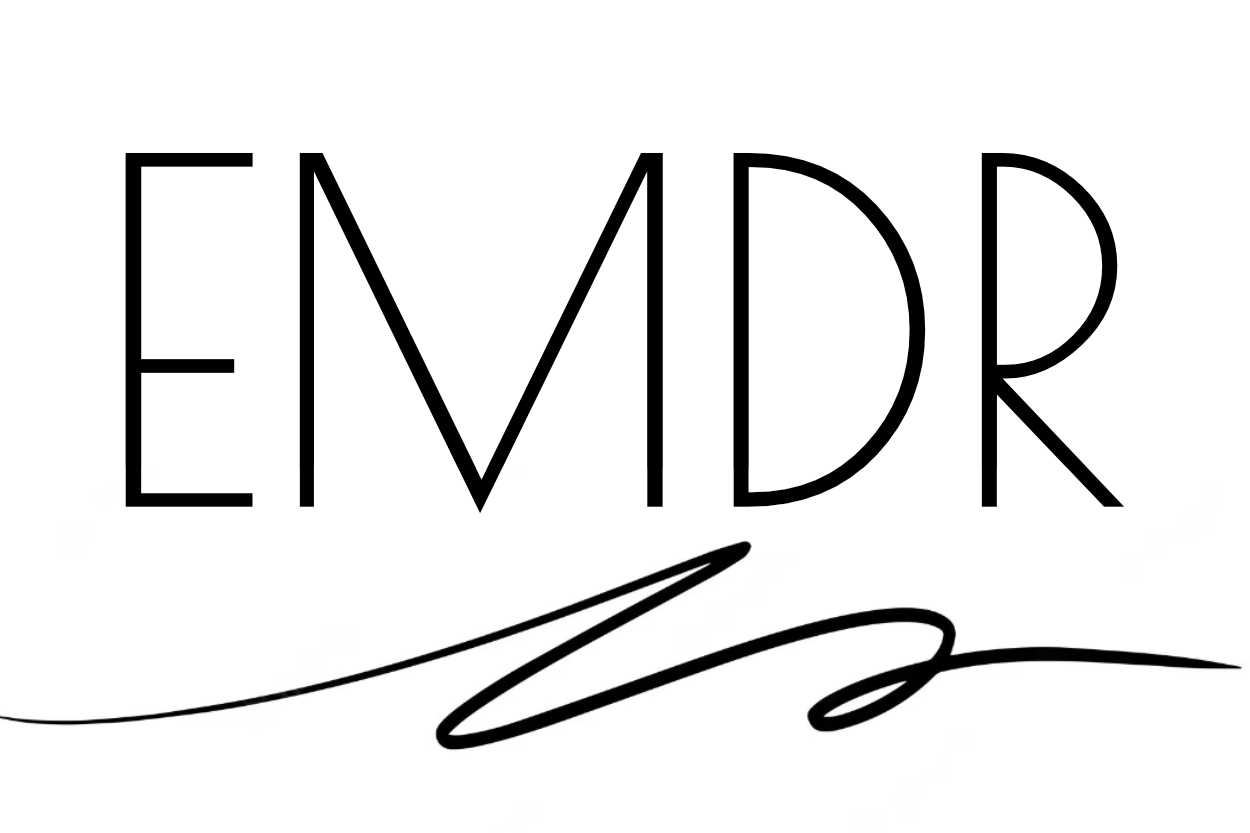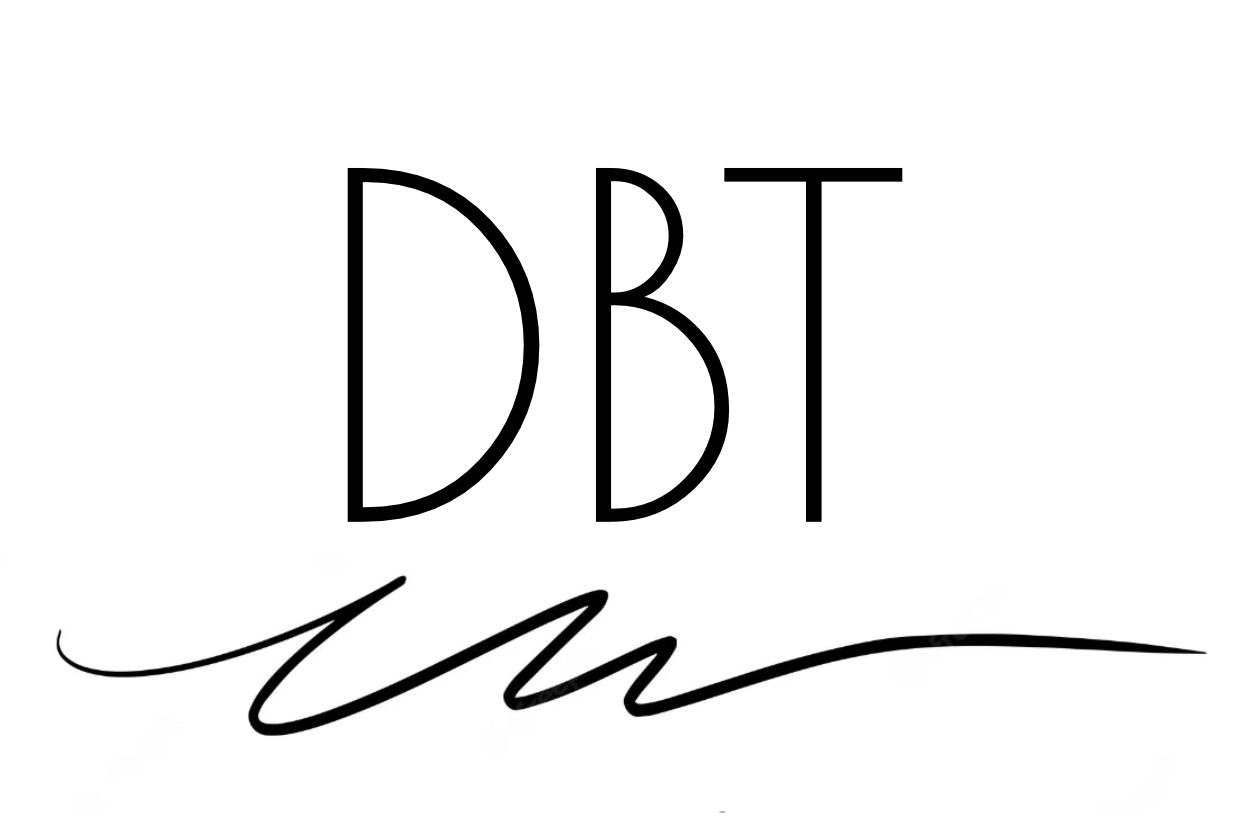Treatment modalities
-

Eye Movement Desensitization and Reprocessing (EMDR), a form of psychotherapy that helps individuals process traumatic memories and experiences. EMDR uses a technique called bilateral stimulation to repeatedly activate opposite sides of the brain. Therapists use eye movements hand taps, or sounds to facilitate the bilateral stimulation. These eye movements mimic the period of sleep referred to as rapid eye movement or REM sleep, and this portion of sleep is frequently considered to be the time when the mind processes the recent events in the person’s life.
-

Dialectical Behavior Therapy (DBT) is a type of psychotherapy that combines cognitive and behavioral therapies with a focus on mindfulness and acceptance. The therapy is divided into four main modules: mindfulness, emotion regulation, distress tolerance, and interpersonal effectiveness. The mindfulness module helps individuals learn to focus on the present moment and increase awareness of their thoughts and emotions. The emotion regulation module teaches individuals how to identify and manage their emotions effectively. The distress tolerance module focuses on coping skills for managing crisis situations, and the interpersonal effectiveness module helps individuals improve their communication and relationship skills.
-

Acceptance and Commitment Therapy (ACT) is a type of psychotherapy that helps individuals develop psychological flexibility by learning to accept their thoughts and emotions while committing to behaviors that align with their values. The therapy is organized around six core processes: acceptance, cognitive defusion, being present, self-as-context, values, and committed action. The acceptance process helps individuals learn to accept their thoughts and emotions without judgment, while cognitive defusion helps them distance themselves from unhelpful thoughts and beliefs. Being present involves focusing on the present moment rather than getting lost in worries or regrets. Self-as-context helps individuals develop a sense of self that is separate from their thoughts and emotions, while values and committed action involve identifying and taking actions that align with one's personal values
-

Motivational Interviewing (MI) helps individuals resolve ambivalent feelings and insecurities to change problematic behaviors. It is a client-centered approach that helps individuals identify and clarify their own goals and motivations for change, rather than imposing external pressures or advice from the therapist. MI uses empathetic listening and reflective techniques to help clients explore their reasons for wanting or not wanting to change and to resolve any ambivalence.
-

The Gottman Method is an approach to relationship therapy that focuses on building and maintaining healthy relationships. The therapy involves several key components, including a comprehensive assessment of the couple's relationship, the identification of specific areas of strength and weakness. The therapy includes specific techniques, such as the "Love Maps" exercise, which helps couples increase their understanding of each other's likes, dislikes, and life events, and the "Four Horsemen" exercise, which helps couples identify and address negative communication patterns that can lead to relationship problems. The Gottman Method also includes a focus on emotional regulation and increasing positive interactions between partners.
